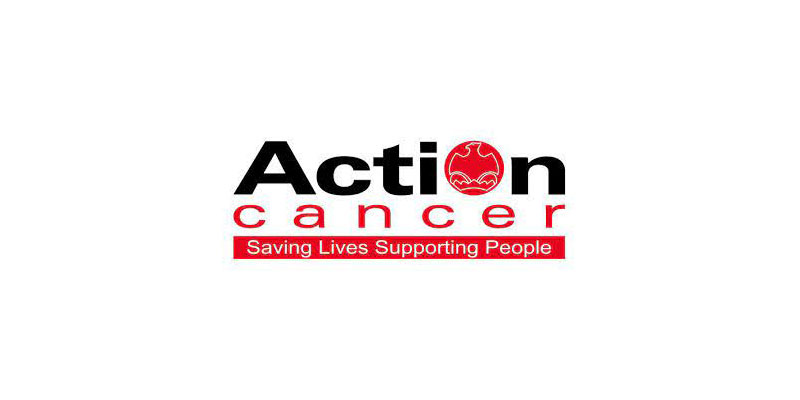40% of UK population "could afford to double their charitable donations"


Research by Charities Aid Foundation (CAF) reveals not only whether people can afford to give more to charity, but whether they are actually willing to do so.
Around 40% of us can afford to double the amount of money we give to charity each week, according to CAF’s figures. The charity made the claim at the beginning of the UK’s first National Giving Week.
While 57% of those surveyed said they would give more if a favourite charity was in urgent need of extra funding, almost two thirds would not make charitable giving a priority were they to be given an extra £20 a week to spend. According to CAF, 28% of the wealthy and 44% of the least-wealthy said they would be prepared to give the money to charity, backing up earlier research reports that suggest that poorer people are comparatively more charitable than wealthy people.
Advertisement
CAF looked at the priorities of household expenditure on recreational and leisure items. Top priority is eating out at £30.50, culture at £17.20 and package holidays at £12.70. Charitable giving is last on the public’s list of priorities at just £1.70 per week.
On average, households spend three times as much on tobacco, and three and a half times as much on alcohol, as they spend on donations to charity. While 5% of people felt they could cut down on smoking to find extra money for charity, 37% felt that other people could. With alcohol, just 7% said they could cut down themselves while 41% believed others could. Charity could begin at home it would seem – just somebody else’s home.
There is considerable public misunderstanding about how much the public gives to charity. According to CAF, “one half of us think we give less to charity than we actually do, and one quarter think we give considerably more than we do. Young people were particularly inclined to think people give more than they do.”
Cathy Pharoah, Director of Research at CAF, said that many people are confused about how much they should be giving. “While most of us freely admit that we could give more to charity, few of us actually do. For many of us, giving is simply not a priority and it’s up to charities to find even more powerful ways of persuading people of the value of their work.
“Ultimately, if everyone who said they could double their giving actually did, an extra £55 million would be going to charity every week.”
The UK’s first National Giving Week, which takes place from 18 to 24 October 2004, aims to increase the level of all charitable giving in the UK by highlighting the important work of charities.
The research is drawn from a survey carried out for CAF in September 2004 by NOP World Consumer, on a sample of 1,000 adults in Great Britain aged over 15 and also CAF’s analysis of figures in the government’s annual Expenditure and Food Survey, 2003, carried out by the Office for National Statistics (ONS), on a sample of 7,850 households.





